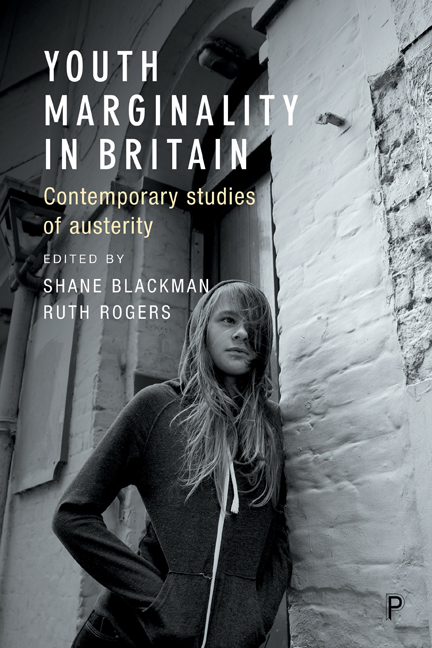eight - Asylum rejected: ‘appeal rights exhausted’ Afghan care leavers facing return
Published online by Cambridge University Press: 05 April 2022
Summary
Introduction and context
This chapter starts from the core assumption that social workers and support staff have a duty of care to work with all marginalised young people, regardless of their family background, citizenship or immigration status. However, our experience of the care system for unaccompanied asylum-seeking children (UASC) indicates that various systemic failures have created challenges for these young people over and above those of other young people in care. For example, unaccompanied asylum-seeking children receive only temporary protection (until they are 18), varying degrees of support (as evidenced by the use of foster care versus independent housing) and limited access to mainstream education. Unaccompanied asylum-seeking children in the UK are supported within children's services rather than within the asylum support service. As such, they become the responsibility of the local authority for their port of entry and, in contrast to adults, they have not been dispersed around the UK. There are plans in place to transfer cases from the ‘entry’ local authorities supporting large numbers of young asylum seekers, but at the time of writing (May 2016) this had not yet begun.
This chapter reports on research conducted in Kent, with young men from Afghanistan. These young people make up the second largest nationality of unaccompanied asylum-seeking children in the county and are commonly targeted for removal post-18. Kent local authority has responsibility for a large number of unaccompanied asylum-seeking children, as it includes the Port of Dover, a main crossing route from France.
Local authorities are unsurprisingly reluctant to publicise up-to-date figures for the young asylum seekers they support. However, in April 2016, Kent announced that it was supporting ‘about 830’ and that ‘the continuing duty of care to support those who had reached their 18th birthday brought the number nearer to 1,400’ (BBC News, April 2016). In terms of more exact numbers, data do show that across the UK, 3,043 unaccompanied asylum-seeking children entered the care system in 2015, 656 of whom were from Afghanistan (Home Office, 2016).
Our data are drawn from our evaluation of a return initiative, the ‘Positive Futures’ Project, which proposed a return package enhanced with extra training and skills to encourage young ‘appeal rights exhausted’ Afghan care leavers to return to Afghanistan (Robinson and Williams, 2014).
- Type
- Chapter
- Information
- Youth Marginality in BritainContemporary Studies of Austerity, pp. 133 - 148Publisher: Bristol University PressPrint publication year: 2017



